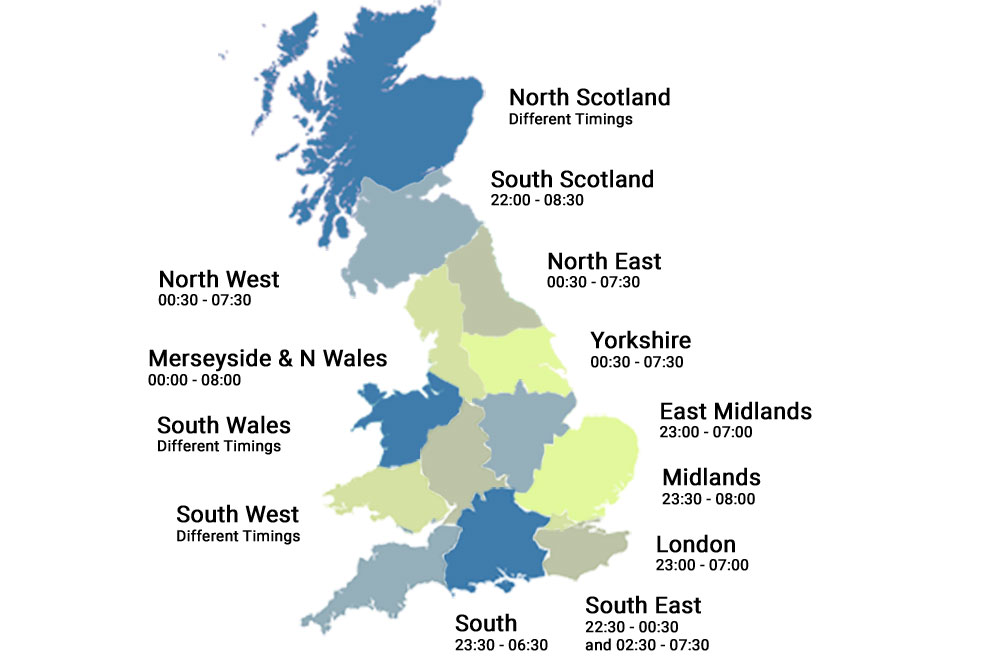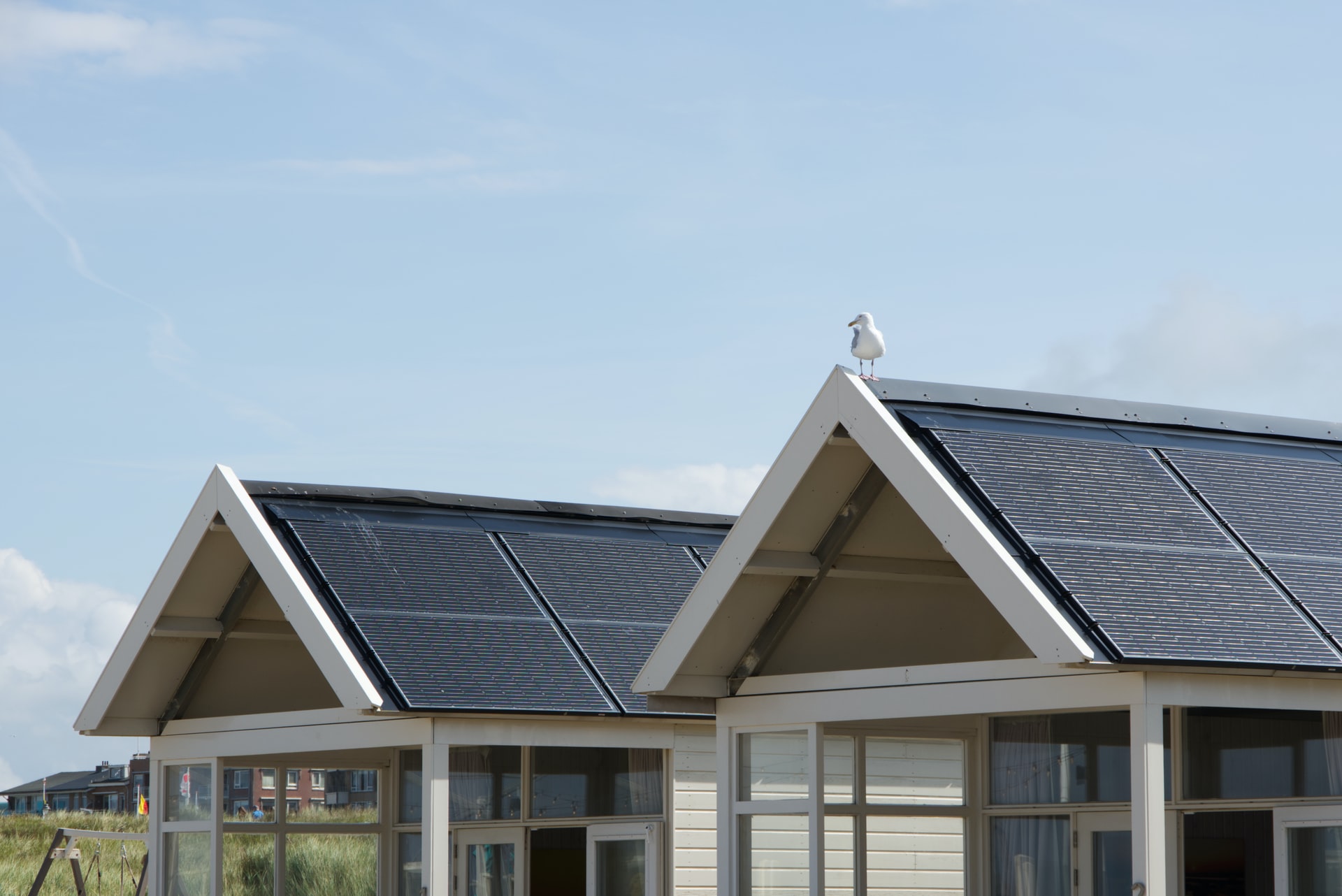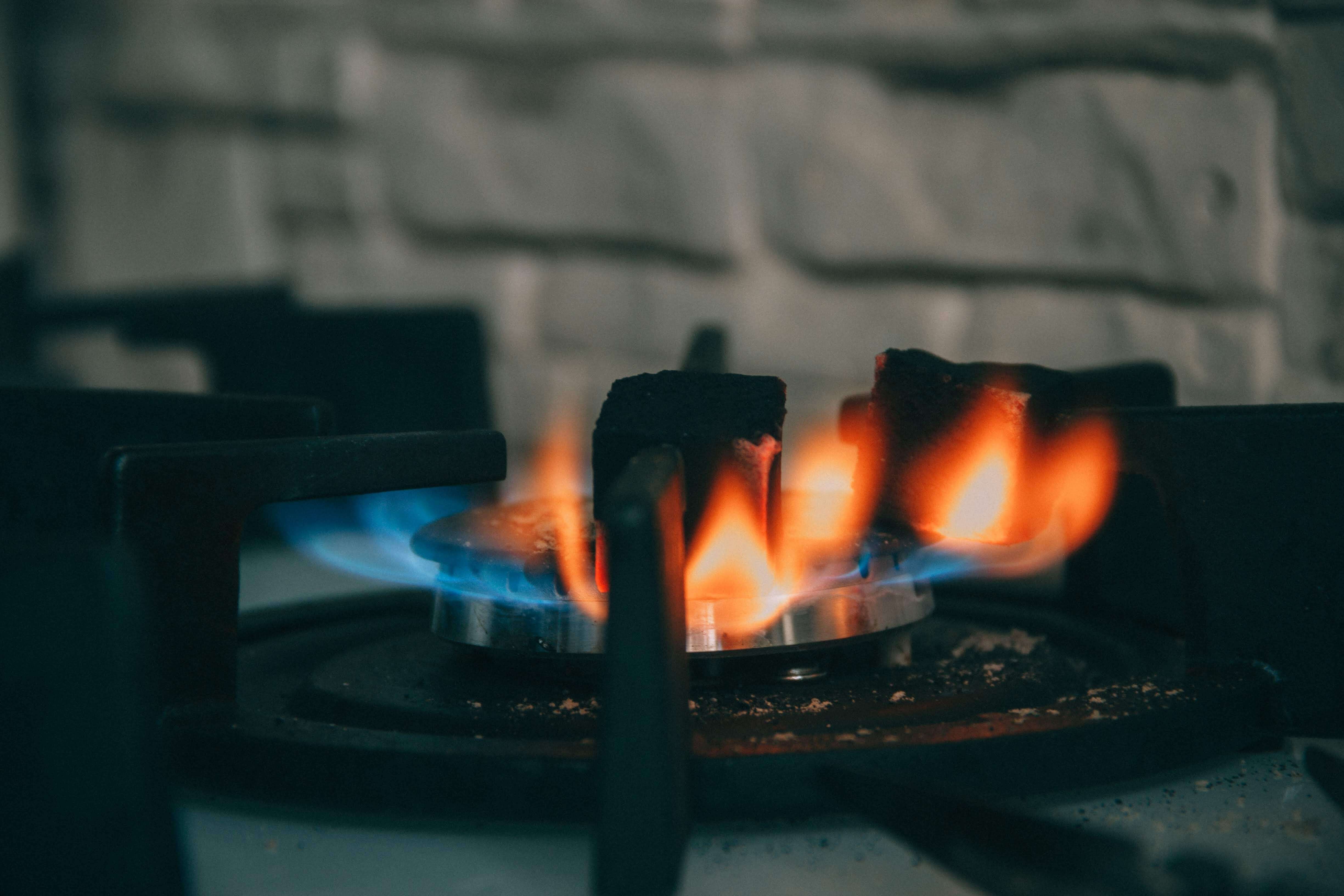Eco7 is short for Economy 7. It's an energy plan where lower prices are offered for (typically) 7 hours at night but higher prices are charged during the day. Eco7 tariffs are particularly beneficial for those who use large quantities of energy in the evening and especially for those with storage heaters.
These deals are offered since energy network operators want consumers to use more at “off-peak” times so they have to build less capacity for big surges during the day (like putting the kettle on to watch Eastenders).
A lot of our customers get in touch to ask about Economy 7 and how they can make it work best for them, so we've put together this handy guide answering the big questions.
Do I have an Eco7 meter?
Around 1 in 5 households in the UK have an Eco7 meter, and most of those are electricity-only households. If you want to find out if you’ve got one installed there are two quick ways to find out:
First, check your electricity meter. If it is reporting two separate numbers for peak and off-peak, you have an Eco7 meter.
The second way of finding out is by pulling out a bill and finding your MPAN number (for more details on where to find this see our guide on MPAN numbers). If your MPAN starts with an 02 then your meter is Economy 7.
What time does Economy 7 start?
The timings are different all across the UK as each area is run by a different network operator. Here's a handy table showing the off-peak times for every area in the UK (or check out the map at the bottom of this page!):
| Region | Off-peak time |
|---|---|
| Eastern | 11pm - 7am |
| East Midlands | 11pm - 7am |
| London | 11pm - 7am |
| Merseyside & North Wales | Midnight - 8am |
| Midlands | 11:30pm - 8am |
| North East | 12:30am - 7:30am |
| North West | 12:30am - 7:30am |
| North Scotland | No standard setting - varies by meter. |
| South Scotland | 10pm - 8:30am |
| South East | Either 10.30pm - 5.30am or 12.30am - 7.30am |
| Southern | 11:30pm - 6:30am |
| South Wales | No standard setting - varies by meter. |
| South West | No standard setting - varies by meter. |
| Yorkshire | 12:30am - 7:30am |
What factors to consider
So you know what an Eco7 meter is, the next question is whether it is right for you. Well, the crux of the questions is do you use lots of energy in the evenings, or could you in the future? By switching to an Eco7 tariff your day time price will go up so you’ve got to be sure that your balance of energy usage is right.
So think about:
- Energy usage – remember that though the prices of your night time tariff will go down, your day time tariff will rise. Check your energy meter over a week and see how much day and night time usage you use. If you use 40% or more of your energy at night then an Eco7 is likely the right option for you.
- Heating source – Eco7 is typically a great option if you have a storage heater or a hot water tank that uses large amounts of energy in the evenings then spreads the heat throughout the day. So if this is you, or your heating is gas but you use most of your electricity in the evenings then Eco7 is likely for you. If your heating is electric and runs all day, Eco7 is not likely to be a good option.
How to do the maths
So you’ve had a think and you think Eco7 might be right for you. The next step is to get out a bill and pull out your night time, day time usage to check the whole market for the best price. You can do this through a price comparison site. Be careful, though: these sites are funded by energy companies and have been known to encourage users to pick a worse rate just to make a bit more money. Instead, you could find the very best deal on the market right now with our impartial switching service. To do so, just click here.
How do I make the most of Economy7?
As mentioned, there are a few ways of making the most of your Eco7 meter. Firstly, there are some changes you can make to your behaviour:
- Set your dishwasher and washing machine to run overnight. These two appliances are absolute energy-guzzlers, but there's also not much reason that they can't be run overnight (unless they're particularly loud and near where you sleep). Many washing machines can be set so that the start time is delayed, so you can set it to finish just as you wake up, which should be largely within off-peak times.
- Shower first thing in the morning rather than last thing at night. As showers rely on hot water, it's a lot cheaper to heat that water in off-peak periods than in peak. So instead of heating your water all evening just to use the shower, just set it to heat up during off-peak times and use the shower whilst it's still hot.
You can also invest a little money into getting even more out of Economy 7.
- Install a storage heater. Storage heaters are pretty much made for Economy 7 tariffs. They generate heat during off-peak periods, then dissipate the heat over the course of the day. They're not particularly cheap, but they will pay off in the long-run.
- Ensure your boiler has a night setting. Most boilers will have a setting that means it will only heat water overnight. Sometimes this is just a button, at other times there is a dial that you can use to set when it turns on and off. This setting will save you a huge amount on your bills.
Who supports Economy 7 meters?
Every energy supplier in the UK offers an Eco 7 tariff, but many offer particularly bad rates. Being on Economy 7 is doing your supplier a favour, so you shouldn't settle with getting overcharged here! Check if you're on the best tariff by clicking here.
Installing an Economy 7 meter
Nowadays, suppliers are unlikely to switch you to an Economy 7 meter. Instead, they will set you up with a SMETS 2 smart meter, which they can then set to "dual rate". This has the advantage of giving you even more insight into your energy use.
Removing an Economy 7 meter
If you don't feel that an Eco 7 tariff is right for you, there are a few options:
- Switch to a smart meter, which will allow you to move to a single-rate tariff. This is a bit time-consuming and some people still aren't willing to have smart meters in their home, but we think it is a great way to get more information at your fingertips.
- Ask your supplier to install a single-rate meter. Some suppliers no longer do this, though.
- Ask your supplier to bill you as if you're on a single-rate meter. Many suppliers are willing to simply take an average of both rates and then bill you based on your total energy usage. This is simple and easy to do. Watch out, though: it will often mean you're not paying the best rate on the market.
Economy 7 Timings - Mapped

So, what are you waiting for?
- We save you more time and money than comparison sites and our free competitors. And what’s more, you’ll only be charged for our service if and when we get you a saving of £50 or more.
- Its quick to sign up, then hassle-free thereafter.
- Auto switching is for those who want to save money, but don’t have the time or patience to keep switching. If you want to save money hassle-free, auto switching may well be for you.




